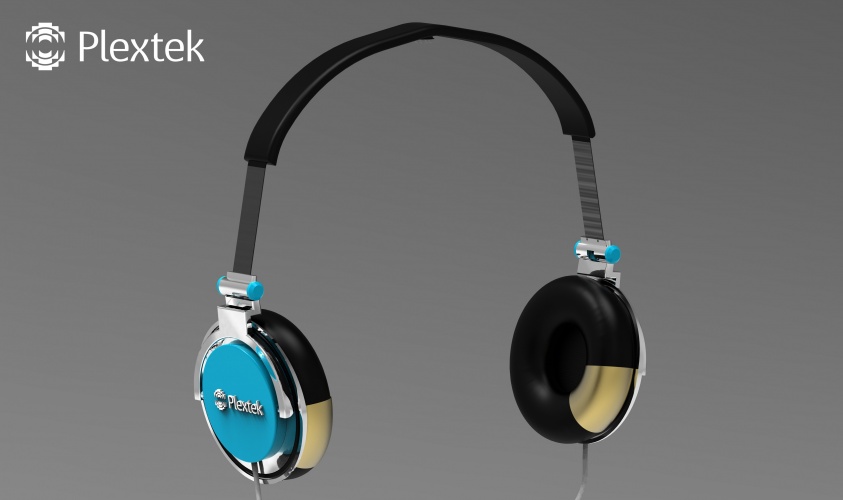
According to the NHS, tinnitus affects around 10 per cent of the population in the UK, with around 600,000 (1 per cent) affected severely. Characterised as the experience of sound when no external sound is present, it often manifests as ringing in the ears. Early intervention can be crucial to mitigating the worst of its effects, but the technology to test for the early signs of tinnitus is generally only available in hospitals.
Plextek’s technology is designed to work with standard headphones, enabling early detection outside of clinical settings. It measures changes to auditory evoked potentials (AEPs), signals sent by the brain in response to an auditory stimulus. Using a regular laptop and a USB audio card, Plextek was able to record AEP brain activity using in-ear and over-ear headphones by brands including Sennheiser and Sony.
The system enables people to test their hearing daily and gain a ‘fingerprint’ of their AEP response. This fingerprint flags very small changes in the hearing profile, enabling the user to seek medical advice and implement lifestyle changes to limit any hearing damage. Plextek say the development could be particularly beneficial for those outside of high-risk categories where testing is more common.
“For those not within perceived high-risk environments such as the military, the danger of hearing damage is not always immediately obvious,” said Collette Johnson, head of medical at Plextek.
“However, our modern lifestyle has meant loud music and noise pollution is commonplace, resulting in a large amount of the population suffering with hearing problems. By placing easily accessible detection technology within consumer products, everyone can constantly self-monitor and act quickly on a condition like tinnitus, that often has life-changing effects on sufferers.”


Report highlights significant impact of manufacturing on UK economy
Note to Evil Villain/Dave 2020. Thatcher was PM for _11_ years, from 1979 to 1990 so no one under the age of 34 was even born when she left office....